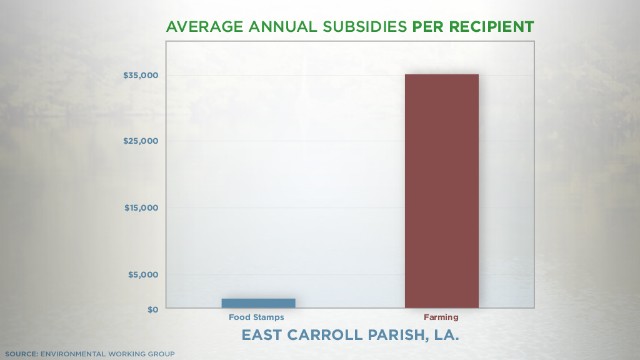Deacon923
Scooter Banks
http://www.cnn.com/2013/10/29/opinion/sutter-lake-providence-income-inequality/index.html?hpt=hp_t1
It's a long, but interesting, read.
Since a picture is worth a thousand words, here's a graphic from the story:

It's a long, but interesting, read.
Since a picture is worth a thousand words, here's a graphic from the story:

